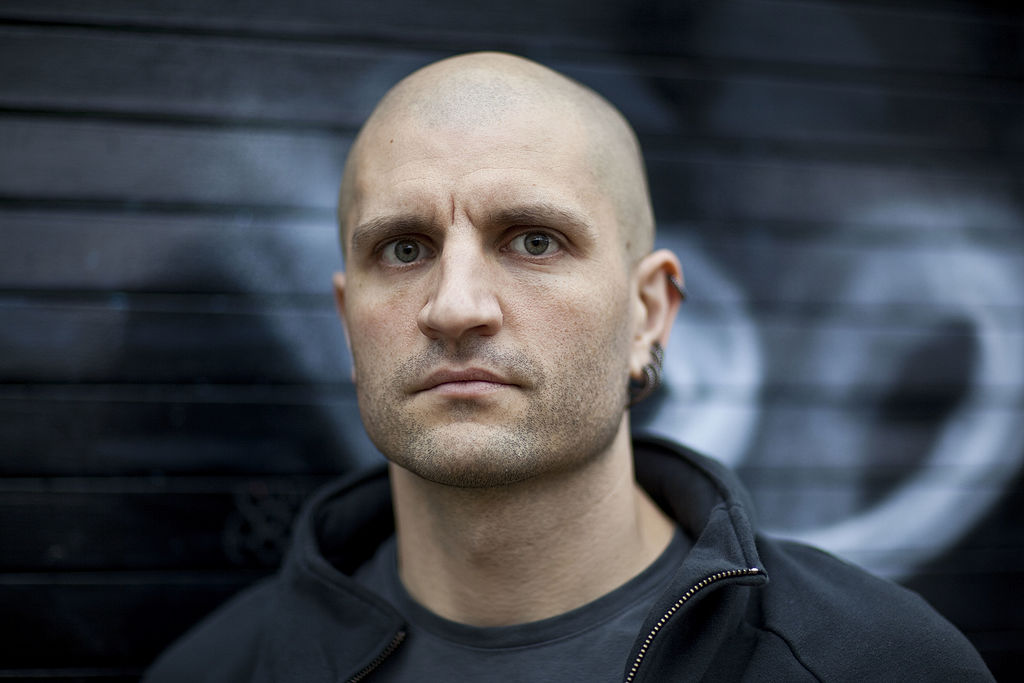China Miéville Defends Science Fiction: Why It’s Not to Blame for Poor Readers
Celebrating 25 years since its release, China Miéville’s groundbreaking novel, “Perdido Street Station,” has left an indelible mark on the literary landscape. This remarkable book, which blends elements of science fiction, fantasy, and horror, invites readers into the intricate world of New Crobuzon, populated by unique beings such as insect-headed khepri and the haunting slake moths. The novel not only captivated audiences but also ignited interest in the literary movement known as the “new weird.”
Miéville’s Literary Journey Since “Perdido Street Station”
Following the success of “Perdido Street Station,” celebrated this year with a sold-out collector’s edition from The Folio Society, Miéville continued to explore genre boundaries in acclaimed works like “The City and the City” and “Embassytown.” After a nearly decade-long hiatus from fiction, he made a triumphant return last year with the New York Times bestseller “The Book of Elsewhere,” co-authored with none other than Keanu Reeves.
Science Fiction and Reality: An Interview with Miéville
In a recent interview, Miéville shared his insights on the relationship between science fiction and reality, particularly in light of a growing trend among tech billionaires who view classic science fiction as a roadmap for the future. “It’s a mistake to read science fiction as if it’s really about the future,” Miéville asserted. “It’s always about now; it reflects its own sociological context.”
He further commented on the societal implications of wealthy individuals prioritizing space colonization over addressing pressing global issues: “This kind of derangement signifies a deeper problem, but let’s not blame science fiction for it. It’s capitalism that drives this sociopathy.”
Reflections on Genre and Subculture
Miéville reflected on how the mainstream success of various genres often leads to a commodification of subcultures. He stated, “As subcultures gain popularity, they attract both quality and mediocre works, leading to a dilution of the original essence.” He likened this phenomenon to the evolution of genres like drum and bass and surrealism, noting how commercialization can lead to the emergence of clichés and a loss of authenticity.
The Evolution of Science Fiction
When discussing the intersection of science fiction and Silicon Valley, Miéville expressed concern over how tech leaders interpret the genre. “It’s disheartening to see figures like Elon Musk treat works by authors such as Isaac Asimov as blueprints for the future,” he explained. “Science fiction is a reflection of current anxieties and should not be misconstrued as a guide for future actions.”
The Future of Miéville’s Writing
As for his own writing, Miéville hinted at an exciting new project, stating, “I’ve been working on this book for 20 years, and it’s a significant milestone in my career. I’m thrilled for its eventual release.”
In conclusion, Miéville’s reflections on literature, society, and culture serve as a reminder of the power of storytelling. His works continue to challenge readers to think critically about the world around them. For more insights into the world of science fiction and fantasy, check out our related articles on the evolution of genre literature and the impact of technology on storytelling.





